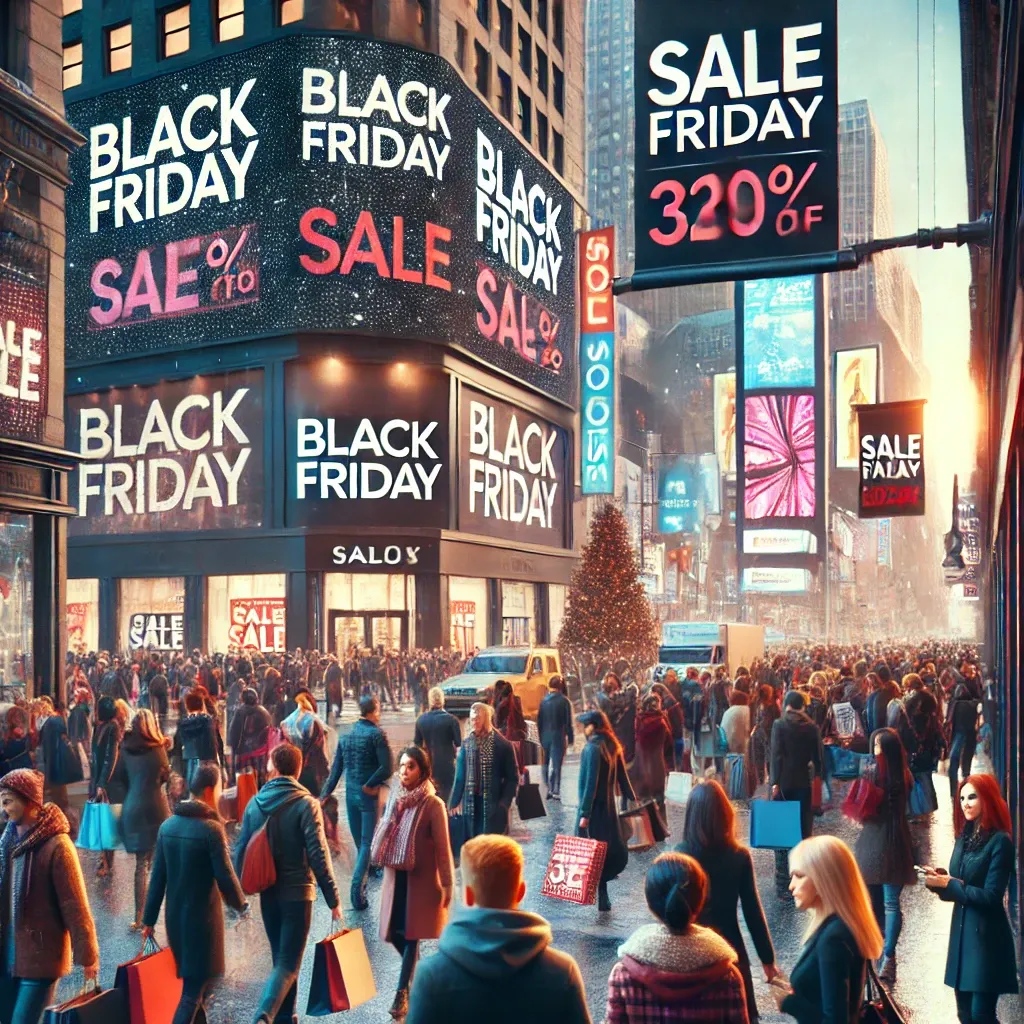Have you ever wondered where the term “Black Friday” comes from? Dive into the history and etymology of this famous shopping day, uncovering its dark origins and its journey to becoming the retail spectacle we know today.The term Black Friday has become synonymous with massive sales, crowded shopping malls, and endless deals. But what does it truly mean, and where did it come from? Understanding the etymology of “Black Friday” can reveal a fascinating transformation from a term with negative connotations to one that now fuels a global retail frenzy.
What Does “Black Friday” Really Mean?
At first glance, you might think “Black Friday” refers to something ominous or dark. And, in a way, it does, but not in the way most people assume. The etymology of the term traces back to the 1960s, long before it became the global shopping event we recognize today. Initially, “Black Friday” had nothing to do with discounts or doorbusters—it had a far more negative meaning.
The Dark Origins of “Black Friday”
Historically, the term “Black Friday” was used by police officers in Philadelphia to describe the chaos that ensued the day after Thanksgiving. It was marked by large crowds of people flooding the city’s downtown area, creating traffic jams and disruptions. Police officers, who worked longer hours to manage the crowds, began referring to the day as “Black Friday” because it was stressful and chaotic for them.For years, the term carried this negative connotation, associated with difficulty and inconvenience for law enforcement and retailers alike. It wasn’t until the 1980s that the term took on a more positive meaning for the business world.
The Shift in Meaning: From Black to Red
In the 1980s, retailers saw an opportunity to rebrand the term. Instead of focusing on the challenges of Black Friday, they turned the attention to its financial significance. The phrase “in the black” is used to describe a company that is profitable, as opposed to “in the red,” which indicates financial loss.Retailers began promoting Black Friday as the day when stores would go “from the red to the black”—the day when businesses finally moved into profitability for the year. This transformation helped reframe the day as an opportunity for big savings and a boost to the economy, rather than an overwhelming, negative experience.Thus, Black Friday went from being associated with disorder to becoming a celebrated retail event, with stores offering massive discounts and shoppers eager to snag the best deals.
Why Is Black Friday So Important?
Today, Black Friday marks the beginning of the holiday shopping season. It’s a day when retailers offer significant discounts on a wide range of products, from electronics to clothing. The shopping event has become a worldwide phenomenon, extending far beyond the U.S., with countries around the globe now participating in the frenzy.In modern times, Black Friday not only helps retailers clear out inventory but also signals the start of the lucrative holiday season. Many businesses now see more profits on this single day than they do during the entire month of January, making it a crucial event for the economy.
Key Takeaways: How “Black Friday” Went from Dark to Profitable
- Initial Negative Connotation: The term “Black Friday” originally referred to the chaos in Philadelphia caused by holiday shoppers, leading to a stressful situation for local police officers.
- Rebranding: Retailers redefined “Black Friday” as the day businesses would go from financial losses (“in the red”) to profits (“in the black”), turning it into a positive event.
- Global Phenomenon: Today, Black Friday is a retail event that signals the start of the holiday shopping season, with businesses worldwide offering massive discounts.
👉 Learn More About Black Friday Shopping Trends 👈
Conclusion
The evolution of “Black Friday” from a term filled with negativity to one that now drives an entire global shopping event is a perfect example of how language and culture adapt over time. What once symbolized disorder and chaos has now come to signify opportunity and massive savings. Black Friday has certainly lived up to its name, though in ways its early creators never anticipated. It’s a day when both retailers and shoppers eagerly await the benefits of being “in the black”—both financially and in the excitement of finding the best deals.As we continue to embrace this annual shopping tradition, it’s fascinating to consider how a simple term has undergone such a dramatic transformation. The next time you find yourself diving into the Black Friday deals, remember: its history is just as complex as the savings it brings.






